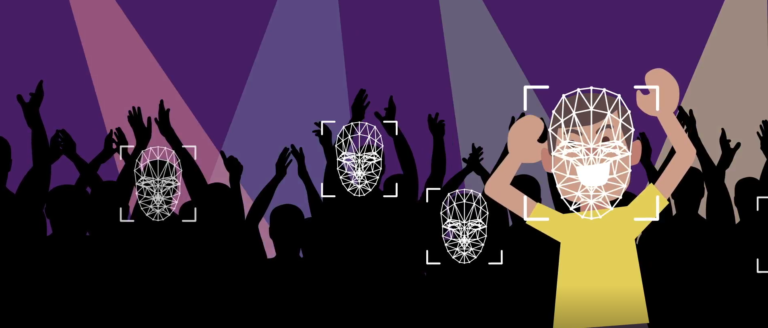Transcript
One problem that these technologies will help us start addressing in a more efficient way is things related to health. Through devices, the Internet of things, consolidation and storage of health-related data and access to medical records, we can expect to get more information about our bodies and provide health professionals with more accurate evidence and treat us. There’s a whole host of potential applications that can be unlocked.
David Bishop has been doing some work with a very large insurance company, which has a number of different products across Asia, including health insurance. A lot of people don’t really think about health insurance as a financial product, but it actually is, and so is any kind of insurance.
Insurance is a critical financial service that, in the past, has not been accessible to large amounts of people in the world. Among the two-thirds of the world’s population here in Asia, many of whom are in developing countries and don’t have access to these forms of protection.
So what we’re seeing now is, in the InsurTech space, they’re actually investing in things like the internet of things, wearables such as wristbands. If you get a health insurance or life insurance policy, you wear the device to track if you are taking enough steps, if you are active enough, if you are getting enough sleep, etc.
We’ve shown examples of how being tracked is a negative thing, but here they have developed a preventative medicine structure and a business model to use such data to bring down the cost of healthcare in the long run. The U.S. is paying over 2.6 trillion dollars towards healthcare, and that figure is really just obscene. So InsurTech like this can hopefully help to prevent these healthcare problems from occurring in the first place which not only reduces costs for governments, companies, individuals, and families but more importantly, can help provide people a healthier, happier life.
This is important for at least two reasons. As countries develop, unfortunately, they have taken on this Western style of diet. We are not saying that they are becoming fat, but they certainly lack activity and regular exercise. So, as a preventive measure, this is important because there will be increasing populations that are dealing with very similar types of health and even mental health issues.
Another thing that we talked about between ourselves, in the context of this book, is the idea of finding balance. People’s medical data, in some sense, is a double-edged sword. On the one hand, is the preventive side we just discussed. But on the flip side, insurance companies are, like we said, financial companies. They are subject to certain pressures as well. So you can easily envision a situation where an insurance company would use that information to make business decisions. For example, they may reject someone’s insurance application for certain indicators of high health risks. That means they start isolating people who actually need health insurance the most.
So again, we have to have a balance. We want to ensure that everyone has access to affordable health insurance. But then, that also would require a regulatory framework and a legal structure that allows for access for everyone, making sure it doesn’t cut people off for pre-existing conditions or for gender or pregnancy and all these other factors people have been discriminated against in real-life examples.
So as we move forward as a society, as companies, and as individuals, we have to think about the positive and negative ramifications of these things. There are so many cool things happening, and so many innovations emerging. All we’re asking is that we just take a moment. We’ve got the how, let’s ask the why. And as we do that, we’ll find that everyone, and the society as a whole, is better off.







